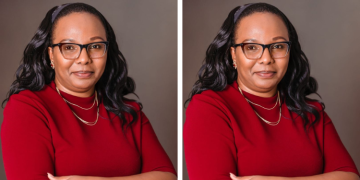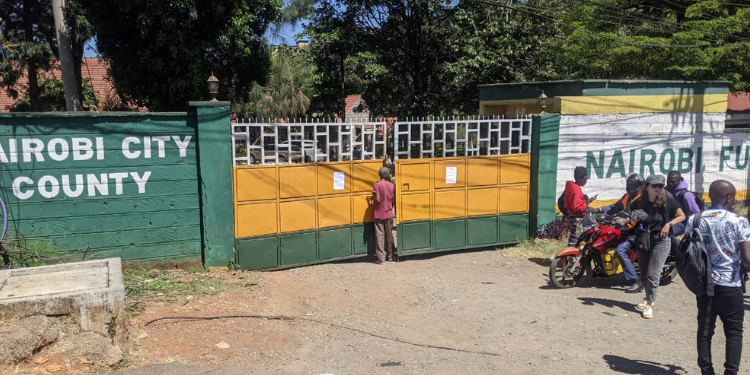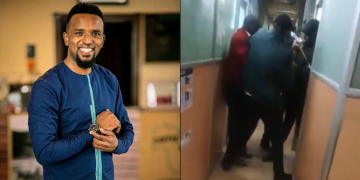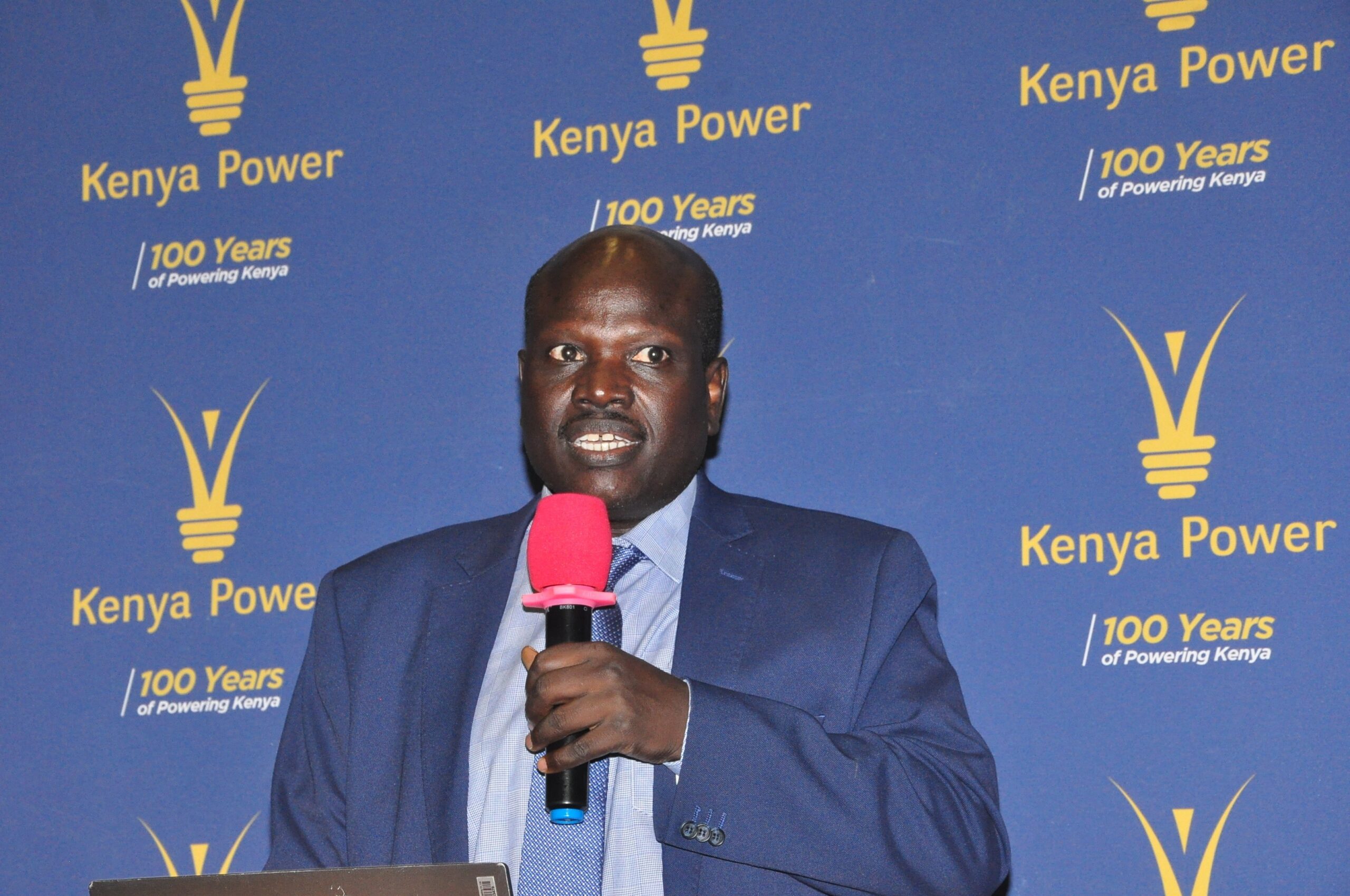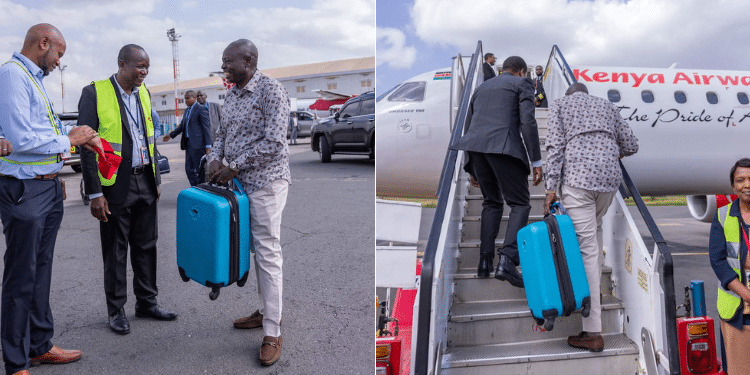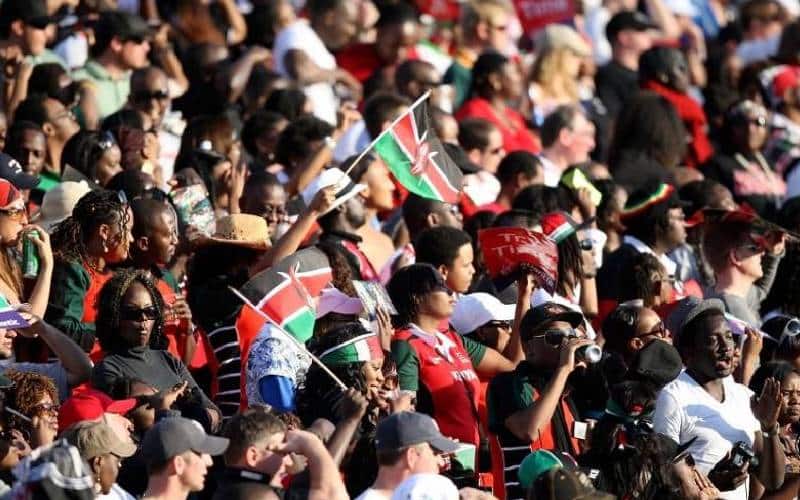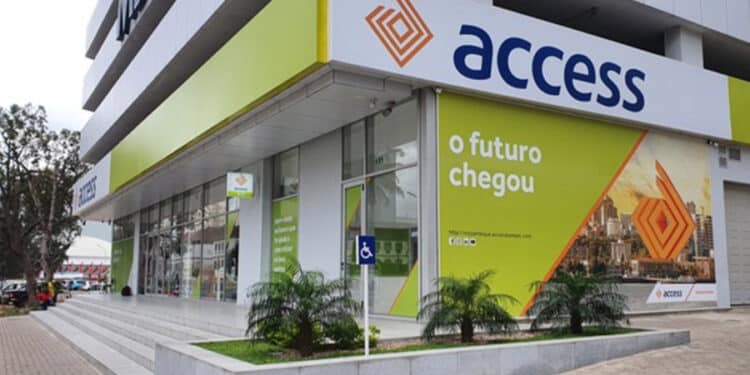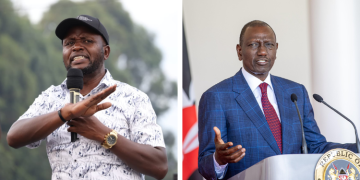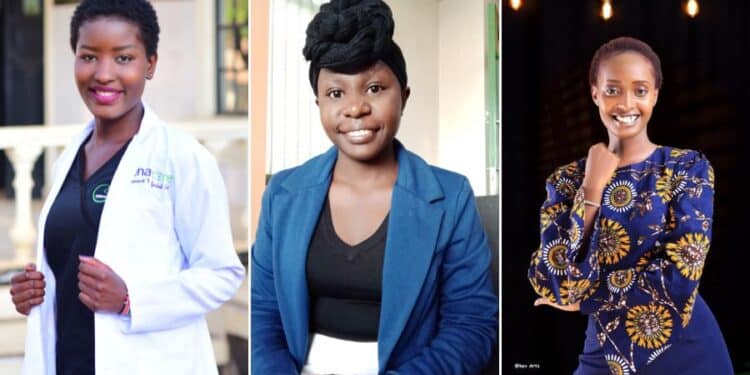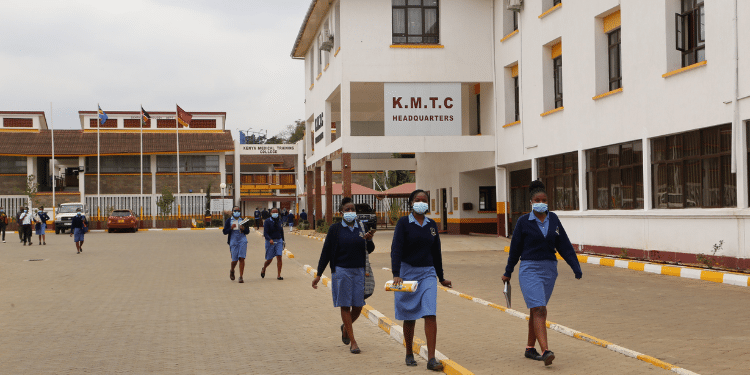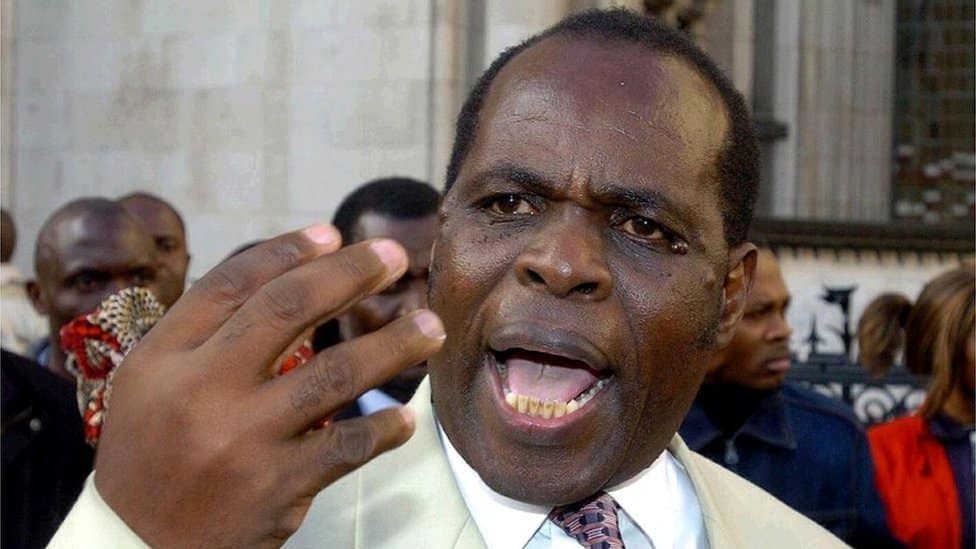As the world focuses on envisioning a more gender-inclusive world on International Women’s Day, the distressing rates of gender violence in Kenya reveal a contrasting reality.
According to Africa Data Hub, which tracks crime incidents based on newspaper reports, at least 500 women and girls have been murdered in Kenya since 2016. Shockingly, at least 10 women have lost their lives in the first month of 2024 alone.
Each life lost in Kenya due to Gender-Based Violence (GBV) serves as a stark indicator of systemic issues that still need addressing.
Not only GBV, but other issues like medical negligence, low representation in STEM fields and education, and obstetric violence are also pushing the country back when it comes to gender equality.
There are however many advocates for change in Kenya who are actively campaigning to find solutions.
Meet six such active & passionate change leaders who are countering various forms of discrimination and oppression that hinder women’s safety and security in Kenya.

Kenya International Women’s Day Heroes
Valerie Aura, Kisumu County
As a gender-based violence survivor, Valerie has made it her life’s mission to create awareness on the gravity of the issue and try to get decision-makers to effect processes and measures that would ensure the safeguarding and protection of victims and survivors,
It would ensure that they are accorded justice, and provided with the mental health support that they require to move on past the trauma.
Also Read: LSK Explains Why Gender Based Violence Cases Get Delayed
During the February demonstration known as ‘Dark Valentine’ (a massive protest against femicide in Kenya), she played an active role delivering a memorandum to various decision-makers in Nairobi.
As journalist, communication strategist, and environmentalist, Valerie has started an online petition calling on the Kisumu County government to complete and equip the three safe houses commissioned earlier for GBV victims.
Deborah Monari, Nairobi City
As a nurse, Deborah Monari’s trust in the medical system was shattered by a personal experience of severe negligence.
After falling ill, she consulted various doctors in both public and private hospitals who dismissed her symptoms, leading to six months of financial and emotional strain.
It was only after seeking medical treatment in India that she recognized she was affected by a life-threatening brain tumor requiring immediate surgery. Deborah has now launched a campaign against challenges in the Kenyan healthcare system, including negligence and misdiagnosis.
She has initiated an online petition, calling on County Governments to establish Patient Rights Committees within their respective jurisdictions. She believes that prompt action will prevent further suffering, save lives, and ensure women’s access to safe healthcare.
Josephine Mwende, Nairobi City
As someone navigating life and motherhood with cerebral palsy, Josephine Mwende is dedicated to changing the exclusionary caregiving culture in Nairobi County hospitals. She is the founder and CEO of Able Rise Africa Society, a community-based organization.
Josephine has initiated an online petition addressed to the Ministry of Health, the Commission on Administrative Justice, and the Office of the Governor of Nairobi County to ensure that every woman gets to experience pregnancy and childbirth with joy and dignity.
She is also emphasizing the need to implement a toll-free hotline, dedicated consultation rooms, and awareness programs to ensure equal health rights for differently abled women.

Harriet Afandi, Nairobi City
Harriet Afandi was a prominent presence in the demonstrations against femicide in Kenya in February 2024. She is actively engaged in two significant campaigns.
The first, ‘Justice for Judy Wambui,’ seeks justice for those affected by medical negligence, while the second is the ‘Accelerate OBV Legislation Bill’ campaign.
Harriet’s advocacy for the development of a National Policy on Obstetric Violence (OBV) arises from a personal experience where her sister underwent an emergency C-section 11 days past her due date due to the negligence of clinical nurses.
This situation has nearly endangered the lives of both her sister and the baby.
Harriet believes that the OBV legislation proposed by MP Gathoni Wamuchomba could save precious lives, and her campaign aims to expedite its implementation, with the hope of ensuring safer pregnancies for Kenyan women.
Mercy Mwende, Meru County
In addition to Gender-Based Violence (GBV), Kenyan women encounter another significant challenge in the form of prevailing gender stereotypes that impact the quality of their education and training.
This issue is particularly crucial in STEM (Science, Technology, Engineering, and Mathematics) fields.
Mercy Mwende is actively combating this gender discrimination, advocating for youth inclusion, and pressing relevant authorities to address these concerns at a systemic level.
Also Read: Waiguru Urges Women to Pursue Top Leadership Positions
Aspiring to become an automotive engineer, Mercy faced numerous rejections for internship opportunities due to her gender, while her male counterparts were readily accepted by companies.
Through her online petition, Mercy is urging the Ministry of Gender, the Ministry of Social Labour, the National Assembly, and the Public Service Board to establish a fully funded board dedicated to enhancing internship and employment opportunities for Kenyan women and girls in STEM fields.
Frida Karani, Embu County
Frida Karani, with over five years of experience in organizational practice and university teaching, is also a life and career counsellor.
Her advocacy focuses on compelling authorities to address the critical issue of menstrual poverty through comprehensive strategies.
Frida emphasizes that launching comprehensive menstrual health policies in Kenya requires a coordinated effort from all women representatives in County Governments, who must take the lead.
Through her online petition, she is reaching out to decision-makers, including Adawa Adan, Personal Assistant to the Governor of Mandera County, and Philemon Kiplangat, Chairman of the County Assemblies Forum, urging them to introduce policies that can alleviate the adverse effects of insufficient menstrual care, including health issues, girls dropping out of schools, and mental health challenges.
This International Women’s Day, we celebrate all women and change leaders looking for solutions to ending gender biases in Kenya.


